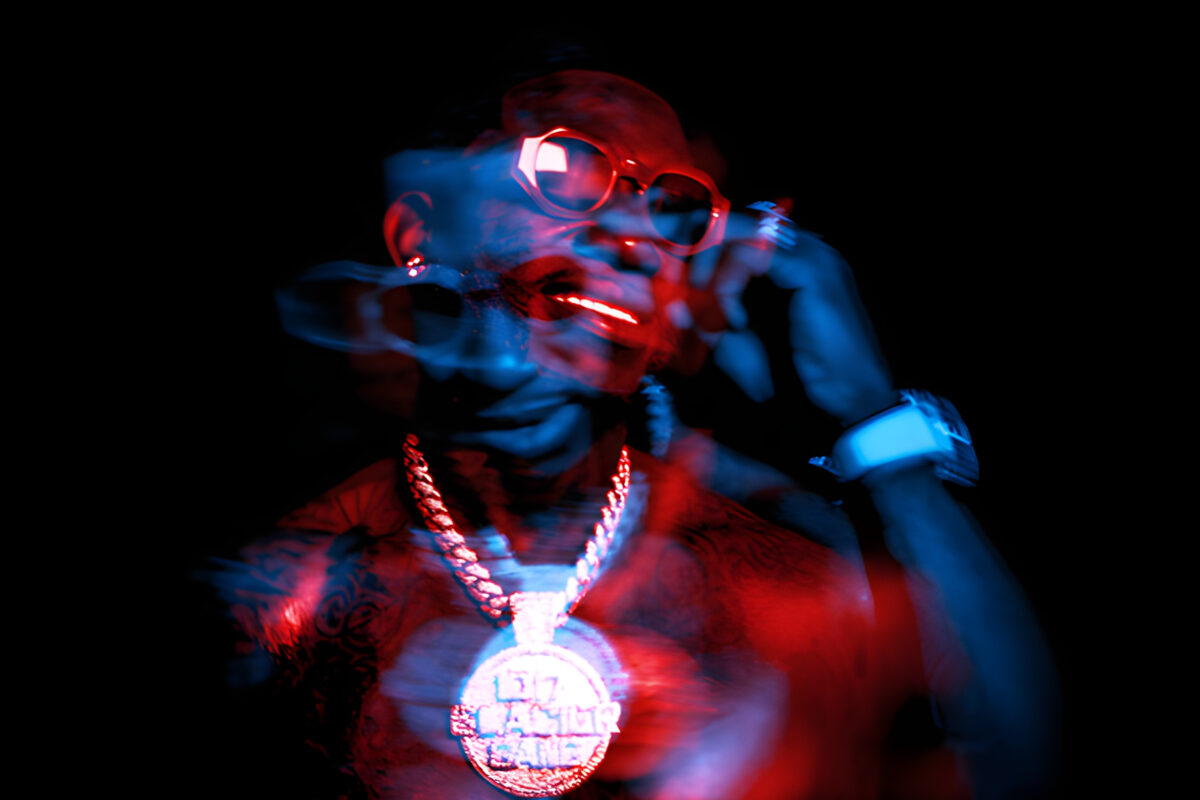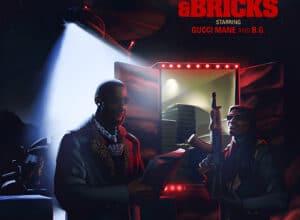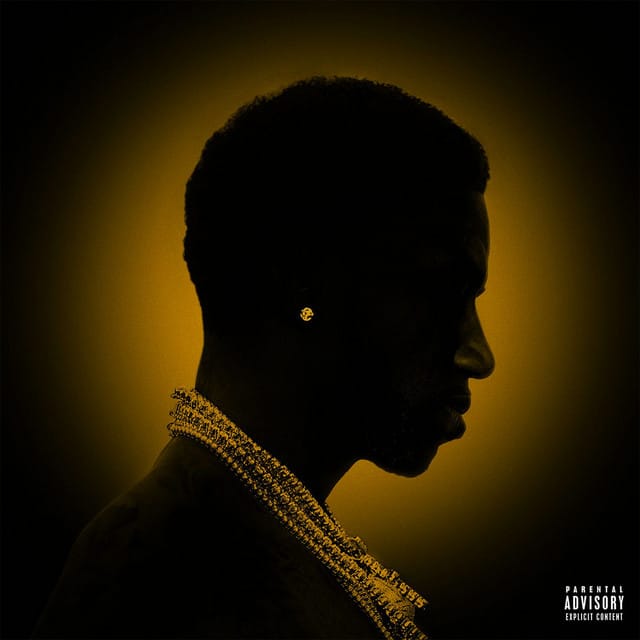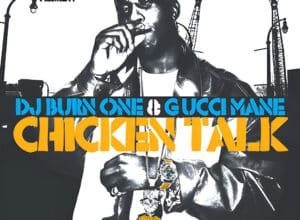Released: 2018
Gucci Mane’s song “Lord” centers around themes of perseverance, gratitude, and a complicated relationship with faith and legality. Throughout the lyrics, Gucci mane depicts a life torn between his hard-earned success and the pressures of his past, including illegal activities and a longing for divine intervention.
The song kicks off with Gucci invoking the name of “the Lord,” highlighting a constant dialogue with God throughout his life and career. He immediately introduces his prayerful plea to be delivered from his block—a term referencing the neighborhood or environment associated with crime and struggle. This cry for liberation underpins the theme of seeking redemption and release from a cycle of hardship.
Gucci Mane repeatedly acknowledges his “heavy heart,” implying emotional burdens, perhaps from past misdeeds or the weight of living up to societal and personal expectations. However, he feels he has been rewarded by God for his efforts, suggesting a sense of relief or accomplishment amidst ongoing challenges. The idea of a reward hints at both spiritual fulfillment and material success, evidenced by his luxurious lifestyle.
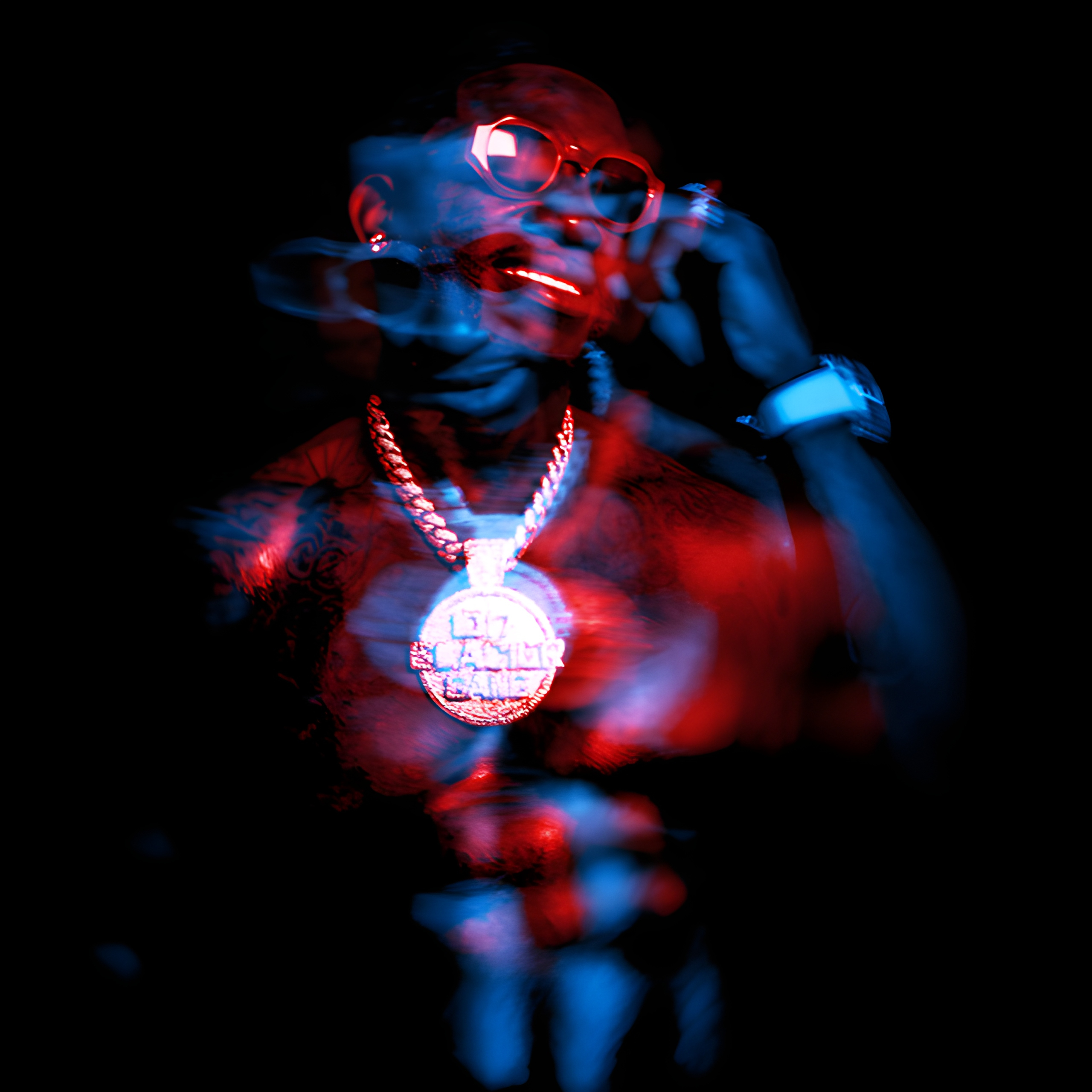
The chorus continues with a defiant tone towards “the law,” expressing disdain for law enforcement. This mirrors the struggles of many who face systemic oppression or have a troubled history with legal authorities. Gucci positions himself as someone who works tirelessly despite these external pressures, underscoring his dedication to overcoming obstacles and achieving success on his terms.
A notable line, “Middle finger to the law,” signifies resistance and frustration. It’s not just a rebellion against authority but also an assertion of identity and resilience. Here, Gucci Mane’s narrative connects to broader themes of justice and inequality faced by many individuals from marginalized communities.
As the song progresses, Gucci addresses his critics and detractors, those who might wish to pry into his life. He touches on the notion of privacy invasion by foes who spend money frivolously or depend on him financially, paralleling personal betrayals or leech-like behaviors experienced by many public figures.
The imagery of “shock” in his line about dropping the top of his car ties into Gucci Mane’s intent to flaunt his hard-won achievements. “Blue Ivory” signifies not only a specific locale but also a metaphor for achieving luxury and a higher status than those who doubt or criticize him.
Throughout the verses, Gucci reveals snippets of his past criminal activities and the consequential brush with the law, like limited phone time due to legal issues and facing serious consequences for prior deeds. These elements point to a life once riddled with danger, reflective of a tumultuous history now in contrast with his present success.
A particularly stark image is presented when he talks about his association with convicts and their eventual tragic outcomes, painting a vivid picture of the dangers lurking in his past life. It’s an admission of the grim reality faced by many in similar environments and a subtle cautionary tale to those listening.
Gucci Mane’s repeated return to the plea, “I’m praying to the Lord,” symbolizes a cyclical struggle—a repetitive prayer for salvation and forgiveness, indicative of someone in a constant fight between his present success and past afflictions. The lyrics end without resolution, leaving listeners contemplating the nature of change, redemption, and whether ultimate deliverance from past demons is attainable.
